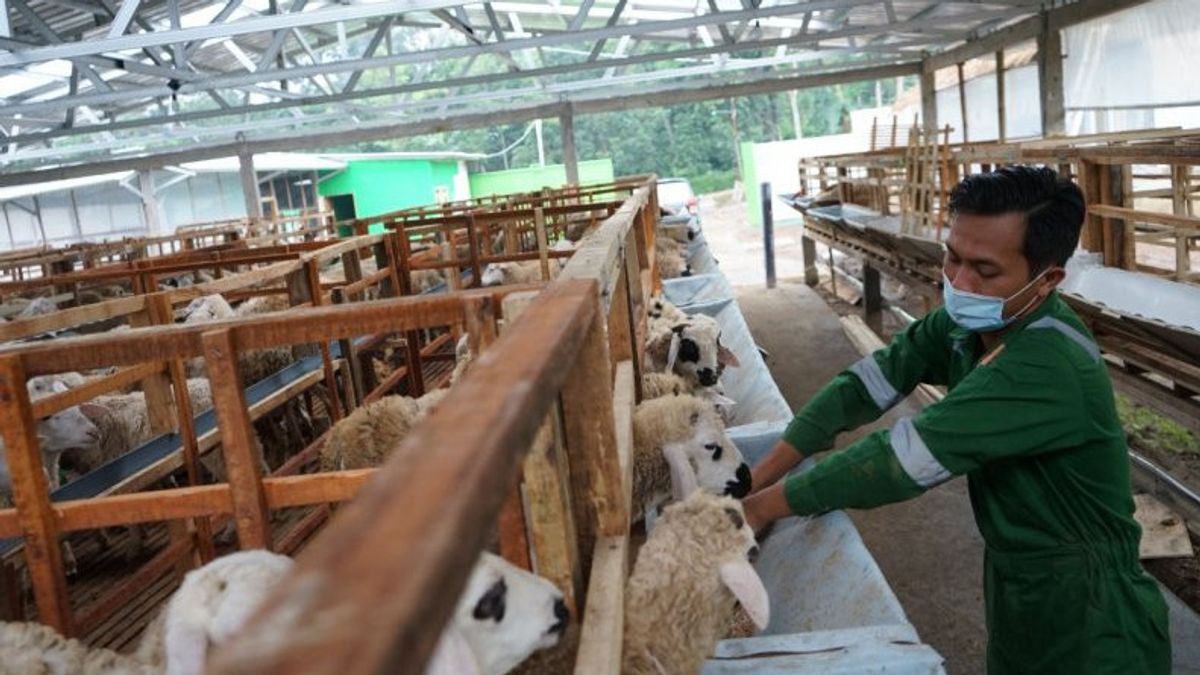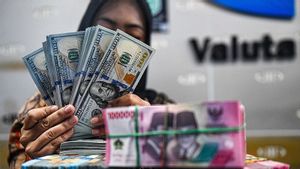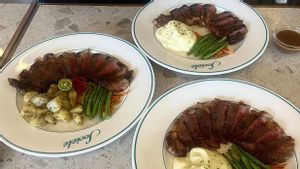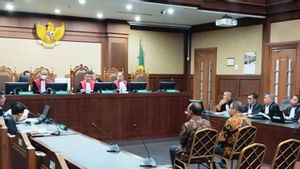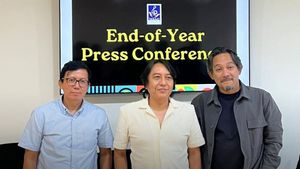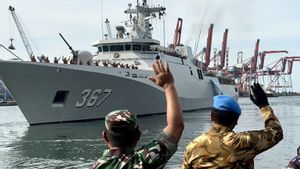JAKARTA - Economist Hendri Saparini stated that spending on sacrificial animals or purchasing sacrificial animals by people who can afford it will help move the people's economy in the midst of a pandemic.
He said the number of people working in the agriculture and livestock sectors grew by more than 2 percent during the pandemic, meaning the sector could create jobs.
"Then the middle and upper class groups are more numerous and I believe that around 40 million families can shop for qurbani. So it is very helpful in moving the people's economy," he said at the online press conference for the Spread of Kurban Animals from Dompet Dhuafa, quoted from Antara, Friday 25 June.
According to him, because most Indonesians sacrifice with goats during Eid al-Adha, and these goats are livestock raised domestically, not imported, this will have a major impact on the economy of small farmers.
So if there are 29 million people working in the agricultural and livestock sectors, then spending, he continued, there will be optimism that our economy will not actually stop.
"This is the time to shop and not to hold back on spending on qurbani. Because it will have an impact on millions of farmers in Indonesia, and it will be a new hope that the Indonesian economy has a chance to recover," said Hendri Saparini.
IDEAS Senior Researcher Ahsin Aligori stated that the optimism of the economic speed in the midst of the pandemic could not be separated from the distribution of qurban meat.
IDEAS research in 2020 showed that Jabodetabek is the largest market for qurbani in Indonesia and in terms of distribution, there is a surplus of up to 24,000 tons of qurban meat circulating in the region, while in other regions there is a deficit of qurbani meat.
"With the qurban, it is hoped that this will be a momentum for equitable distribution of qurbani meat to remote areas. So that rural communities can meet the consumption of animal protein, which until now there is still inequality between cities and villages regarding animal protein consumption," he said.
In line with that, economic observer Aviliani stated that the current pandemic is increasing the number of poverty, with the existence of sacrifices it can be maximized in helping the community in fulfilling nutrition, because the burden on society in the midst of this pandemic is not only for consumption needs, but also for vitamins.
"The majority of qurbani are rich people in Jabodetabek and the distribution of qurbani is still in the same area. So that through Dompet Dhuafa it can be distributed outside Jabodetabek, even outside Java," he said.
Meanwhile, GM Zakat Empowerment and Development of Dompet Dhuafa Sugeng Sri Widodo said that there are 11 livestock centers spread throughout Indonesia that supply 13,064 equivalent to sheep and goats (doka).
He explained that the existence of a livestock center involves mustahik and the surrounding community in an effort to boost the potential of the village community with a pattern of mentoring and training, besides that the procurement of sacrificial animal stocks is also supported by the participation of partners from Aceh to Papua with the availability of stocks of 38,936 equivalent sacrificial animals. doka.
"Precisely with the situation in the midst of a pandemic, the distribution of sacrificial animals must be greater in volume and distribution of territory, so that more people affected by the pandemic can be helped," he said.
According to him, Dompet Dhuafa targets to be able to distribute more than 52,000 doka equivalents for this year's Eid al-Kurban celebration.
"Sacrificing is not just buying (sacrificial animals) but also fostering small farmers. We can spread a lot of goodness not only in our own area. But in other areas that rarely make sacrifices," said Aviliani.
The English, Chinese, Japanese, Arabic, and French versions are automatically generated by the AI. So there may still be inaccuracies in translating, please always see Indonesian as our main language. (system supported by DigitalSiber.id)
